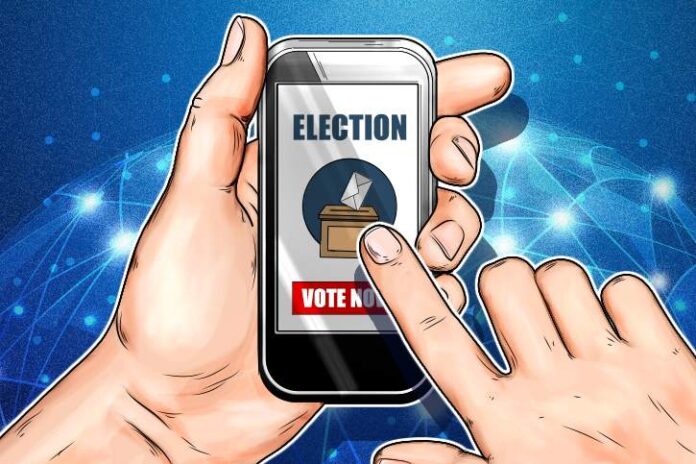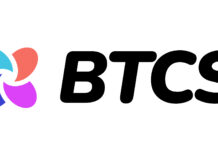Throughout history, and despite its imperfections, democracy has proven to be the best system for electing governments. Those who do not live in democracy look for it with anxiety while many citizens of democratic countries do not value it.
In some countries, the electoral processes have been and continue to be questioned because of low credibility and this is not directly related to the type of process of each country, but because of their transparency. At present, countries have three mechanisms (in general) to carry out voting:
- Manual = printed tickets.
- Electronic = with specialized machines to count votes and data transmission.
- Hybrid = combination of manual and electronic.
The automation of voting processes does not guarantee the credibility and transparency of the election since trust in the system is necessary: a complex task considering the long history of incidents in some countries.
Transparency being a fundamental pillar of blockchain technology, the use of distributed ledger for safe and reliable electoral processes begins to emerge as a real alternative to the vulnerabilities of existing systems. Currently, the list of systems or voting platforms supported by blockchain is not extensive but has been growing.
The voting blockchain platforms are here

The platforms that work in voting systems together with blockchain are the following:
- Bobak: is designed to work in Ethereum to build a multi-jurisdictional decentralized voting system since the official bodies are responsible for making a smart contract that allows locals to vote within their jurisdiction.
- Polys: one of the first to use blockchain for voting and was designed to achieve safe, scalable and anonymous elections since the voting calculations are encrypted to ensure the anonymity of the vote.
- Voatz: is a mobile voting platform that combines blockchain with biometric technology to authenticate the identity of the voter and is built on the set of applications of The Hyperledger Project.
- SecureVote: this voting platform is available for smartphones or voting machines connected to the network, focused on the transparency and efficiency of the Bitcoin blockchain. This platform carried out a stress test which exceeded 1,600 million votes, equivalent to 22% of the world’s population.
- Coinstack: works in the Bitcoin blockchain, is compatible with the intelligent contracts of Ethereum and at the same time allows the creation of an own blockchain network to guarantee security and transparency. This platform was adopted in 2017 by the South Korean province of Gyeonggi-do to choose community support projects.
- ClearPoll: A blockchain technology app for browse polls to vote anonymously, and monitor its results on global, national or local issues. This platform is more focused on public opinion than on electoral systems.
The value of a vote
The electoral agenda and the political landscape across the world is always relevant news and in 2018 elections are scheduled in many countries. Blockchain technology brings the possibility to protect and improve the electoral processes so that they have transparency and total credibility.















